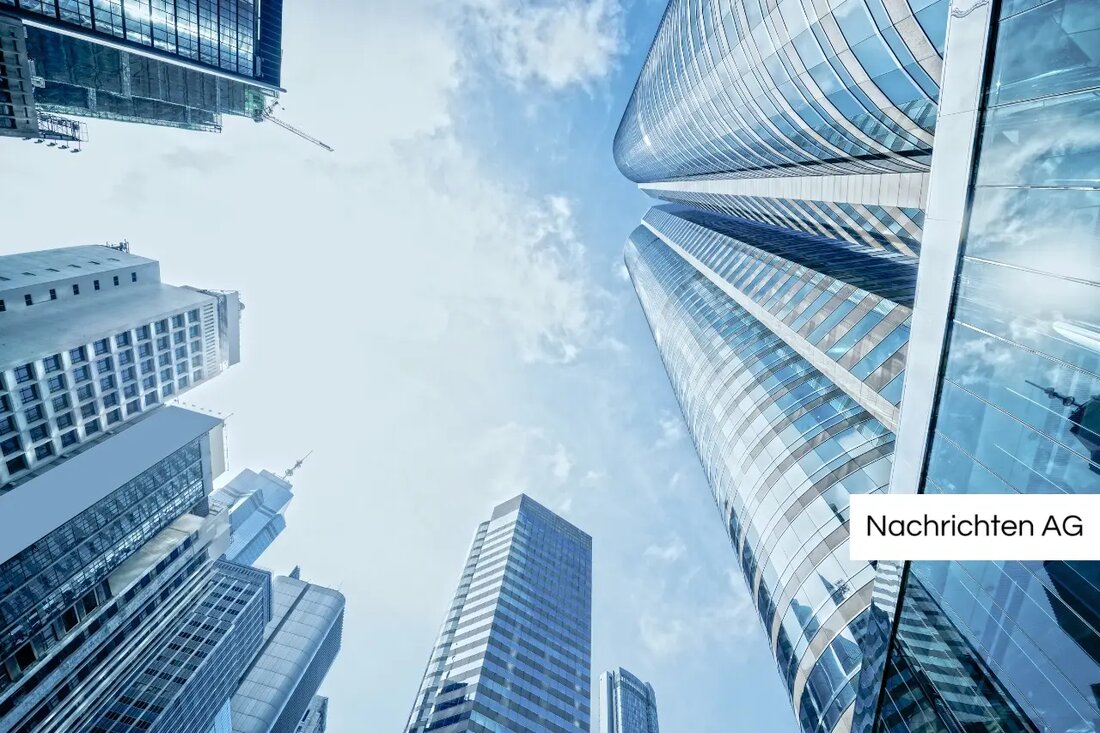Standstill in Kaiserslautern: Gigafactory for electric cars is delayed dramatically!
Standstill in Kaiserslautern: Gigafactory for electric cars is delayed dramatically!
The planned battery factory of the ACC in Kaiserslautern has been quiet for months. According to Elektroauto-News , the construction site of the joint venture, which is supported by Stellantis, Mercedes-Benz and Totalenergies, has been in a waiting shell since June 2024. The project should play a central role in European battery production, specified on the production of batteries for electric vehicles.
The construction work was originally designed in such a way that the factory should go into operation in early 2025 and produce battery cells for over 600,000 electric cars annually. However, current developments show that ACC has initially focused on the already opened work in Billy-Berclau, France, where there are technical difficulties in the production stroke. These challenges, commented on the Tagesschau , also influence the decision on the continued existence of the project in Kaiserslautern, which will be announced at the end of 2025.production and workplace development
The intention of creating 2000 jobs in Kaiserslautern was reduced to 1500. The current situation is more critical than ever, since cells produced by the end of 2024 should only be sufficient for 2000 to 3000 electric cars. In addition, the committee rate of the batteries produced is alarmingly high - currently 50% of the battery cells are defective, which significantly affects production. Tim Hettesheimer from the Fraunhofer Institute draws attention to the many sources of error in the production chain and is urgently needed.
The break during construction triggered concern in the region because the Gigafactory is considered important for the economic development of the city. Stefan Weiler, Managing Director of the Kaiserslautern business development agency, expresses the hope that the work can be realized despite these difficulties. The idea is that the necessary technologies for the battery cells have to be covered before investments can flow. General Secretary Matthieu Hubert emphasizes that the type of battery cell technology is in need of clarification before continuing.
competitive pressure and technical challenges
European battery production sees itself in competition with the competition from China, which has already invested heavily in the value chain. European manufacturers are currently mainly relying on nickel-mangan cobalt batteries (NMC); Lithium iron phosphate technology (LFP) is increasingly being used in China. ACC plans to consider LFP batteries. The falling demand for electric cars has additionally burdened planning and construction costs. The concentration of customers on cheaper electric cars increases the pressure on the manufacturers to develop cheaper batteries.
So far, the project has received government funding of up to 437 million euros, which are, however, bound to progress. This means that if the agreed goals are not fulfilled, the funding could be stopped or even reclaimed. The Causa of Communication Policy is also critically highlighted in the city. While Mayor Beate Kimmel (SPD) does not comment on the situation, the city councilor Stefan Glander (left) praises the previous communication deficits, while CDU city councilor Ursula Düll has already brought alternative uses of the area to create possible jobs.The situation about battery production in Kaiserslautern remains tense. Despite the challenges and uncertainties, there is still an incentive to do the work. European battery production is at a crucial turning point that depends not only on technological aspects, but also on market economy development.
| Details | |
|---|---|
| Quellen | |


Kommentare (0)